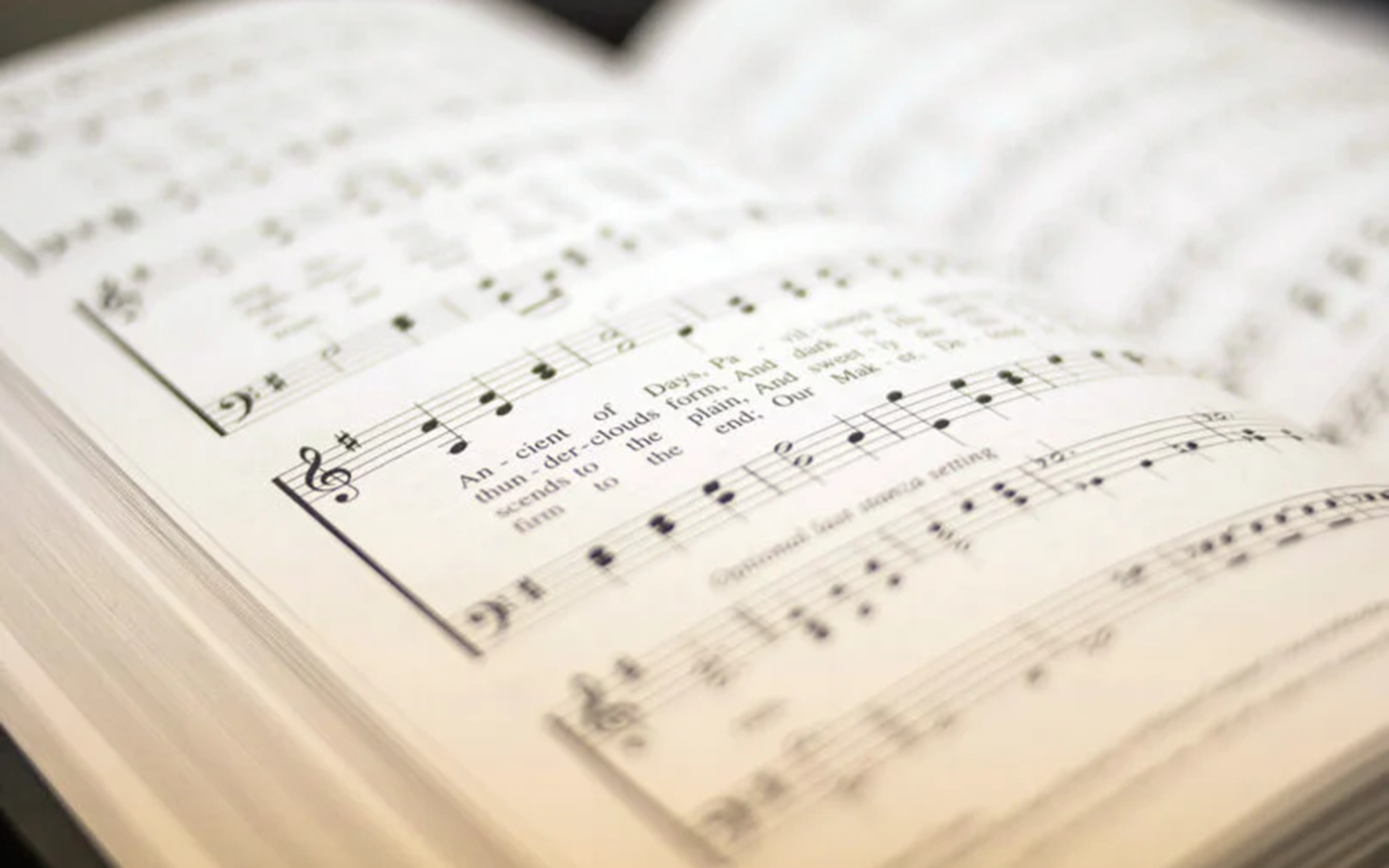The Banner has a subscription with the Associated Press to republish religion and faith content from AP, RNS, and The Conversation. This story has been edited for length. You can read the full story, published Dec. 30 by Religion News Service, here.
In 2020, more people worked at home, attended school at home, even attended worship services at home amid the COVID-19 pandemic.
Many Christians also turned to hymns for comfort at home, according to Hymnary.org.
Users of the online database doubled as the novel coronavirus closed many church buildings this spring, and the website now is nearing 40 million page views for 2020, its highest ever.
“I do think that this time we’re in when everything is turned upside down makes everybody search for meaning, opens them up to the presence of God, looking for ways to express their spirituality, so there are more people searching for such things,” said Harry Plantinga, a professor of computer science at Calvin University and founder of Hymnary.org.
“There are also just the people who aren’t going to church to worship. They’re worshiping at home, and they need the resources.”
Hymnary.org is an online hymn and worship music database for worship leaders, hymnologists, and music lovers, featuring more than 1 million hymns.
Plantinga founded the website in 2007, which now is funded through the Calvin Institute of Christian Worship in Grand Rapids, Mich.
Over the past year, Hymnary.org saw a jump in users in March and April as many churches moved online to slow the spread of COVID-19, the disease caused by the novel coronavirus. The website was projecting 7.8 million users by the end of 2020, up 20% from the year before.
Donations to the website have nearly doubled, as well, according to Plantinga.
“In this time of uncertainty and fear, Christians around the globe turn to Scripture and turn to song for comfort. We remember that our help comes from the LORD, the Maker of heaven and earth,” reads the intro to Hymnary.org’s COVID-19 Resources page.
Among the resources: a list of 10 hymns with testimonies of comfort for times of trouble, including “Precious Lord, Take my Hand,” written by Pilgrim Baptist Church in Chicago’s Thomas Dorsey, considered the father of Black gospel music, after the death of his wife and newborn.
© 2020 Religion News Service
About the Author
Religion News Service is an independent, nonprofit and award-winning source of global news on religion, spirituality, culture and ethics.

